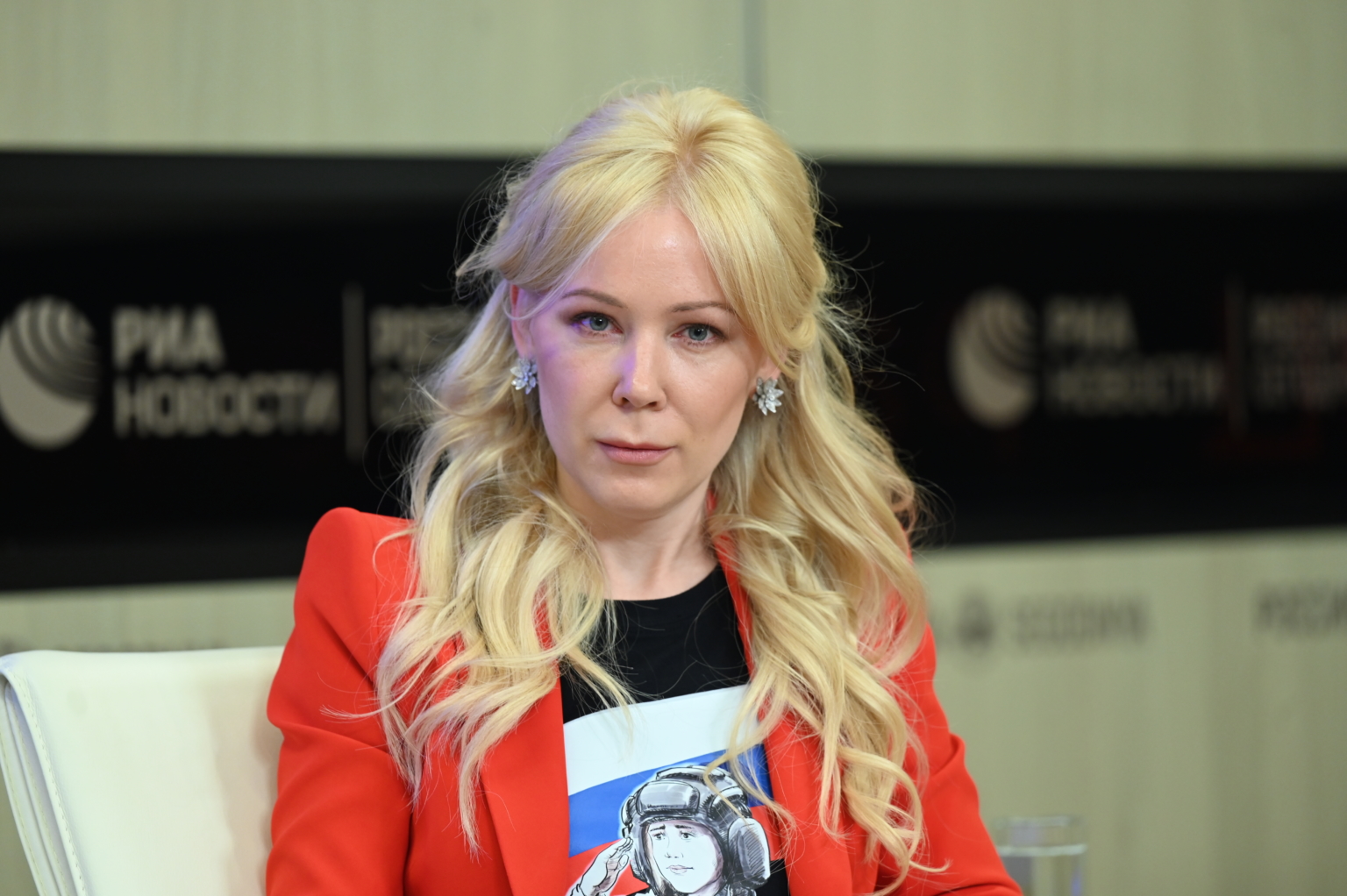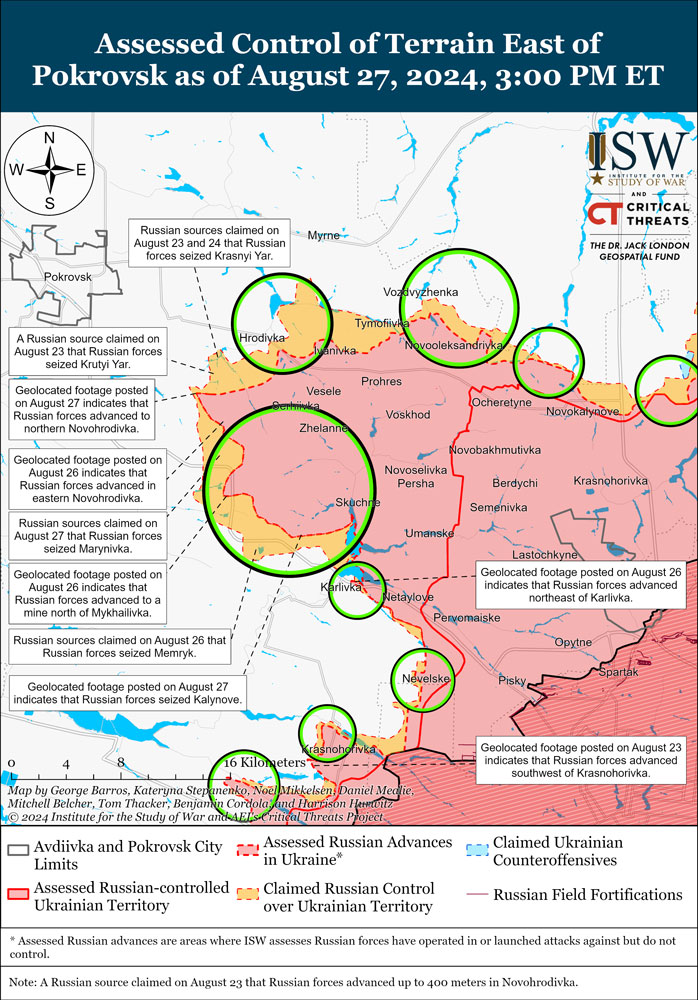EU imposes sanctions on Russian internet censorship agency
The European Council also sanctioned Russian judicial figures for human rights violations, including the detention of activist Vladimir Kara-Murza. The post EU imposes sanctions on Russian internet censorship agency appeared first on Euromaidan Press.

On 29 January, the European Council announced new sanctions targeting a Russian Safe Internet League agency known for internet censorship, along with key individuals linked to “serious human rights violations.”
The Council’s statement highlighted the role of the Safe Internet League in aiding the Russian government’s censorship practices. The agency, led by chairwoman Ekaterina Mizulina, has been accused of “serious and systematic abuses of freedom of opinion and expression.”
Also included in the sanctions list are three individuals within the Russian judicial system. These individuals are identified as responsible for human rights violations, including the arbitrary arrest and detention of opposition figures and journalists. Among the detained is the opposition activist Vladimir Kara-Murza, who faces a 25-year prison sentence.
The EU’s decision to impose these sanctions is a response to the “continuing deterioration of the human rights situation in Russia,” as stated in the European Council’s announcement.
“Those listed under the sanctions regime are subject to an asset freeze, and the provision of funds or economic resources, directly or indirectly, to them or for their benefit, is prohibited. Additionally, a travel ban to the EU applies to the natural persons listed,” the statement reads.
In a broader context, the European Council condemned Russia’s intensifying restrictions on civil liberties. “The EU strongly condemns the severe expansion of restrictive legislation and systematic repression against civil society and human rights defenders in Russia,” the Council stated, emphasizing the ongoing crackdown on media and political dissent.
Ekaterina Mizulina, the organization’s head, is the daughter of Russian politician Yelena Mizulina. The latter is known for her controversial legislative efforts in Russia and was previously sanctioned by the US and Canada.
In response to the sanctions, Mizulina expressed her unwavering commitment to her country and dismissed the importance of traveling outside Russia. She accused the European Council of supporting detrimental elements and proudly acknowledged continuing her family’s tradition of upholding “traditional Russian values.”
Read also:
- ISW: Russia using nationalist sentiments to drive wedges between Ukraine and its western neighbors
- FT: EU threatens to isolate and hurt Hungary’s economy if Orban blocks Ukraine aid
- Ukraine ranks 104th out of 180 in 2023 Corruption Perceptions Index by Transparency International, achieving one of the world’s best results
- NYT: Russian attack on NATO looms as Trump threatens to abandon alliance
You could close this page. Or you could join our community and help us produce more materials like this.
We keep our reporting open and accessible to everyone because we believe in the power of free information. This is why our small, cost-effective team depends on the support of readers like you to bring deliver timely news, quality analysis, and on-the-ground reports about Russia's war against Ukraine and Ukraine's struggle to build a democratic society.
A little bit goes a long way: for as little as the cost of one cup of coffee a month, you can help build bridges between Ukraine and the rest of the world, plus become a co-creator and vote for topics we should cover next. Become a patron or see other ways to support.
The post EU imposes sanctions on Russian internet censorship agency appeared first on Euromaidan Press.



